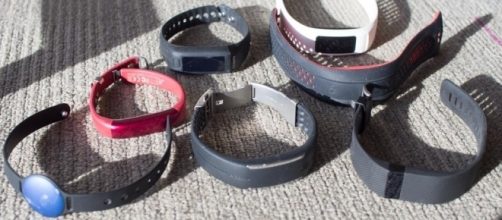As fitness gizmos and gadgets prove to be increasingly popular with a Technology-savvy population - as they pursue a healthier lifestyle though their various active pursuits – surprising recent results suggest that their accuracy may not be as reliable as it should be. American trials at the Cleveland Clinic suggested that fitness wristbands could be misinforming their users by as much as 34 beats per minute.
Findings suggest markedly inaccurate results
The startling test results have brought researchers to the conclusion that trackers worn on the wrist may be grossly inaccurate in measuring a person’s heart rate as they workout.
It seems likely to cause deep concern within what has become a thriving, multi-billion-pound industry in recent years.
Tested several popular devices
Researchers chose four of the most popular and best-selling devices on the market – Fitbit Blaze, TomTom Spark Cardio, Garmin Forerunner 235 and the Apple Watch – as they sought to put them through their paces. Their sample of 50 volunteers, all in good health and having an average age of 38, took part in various types of exercise as the wrist tracker heart rate results were compared to those provided by a chest-strap monitor.
Chest-strap monitor performed better
Reflecting on their priceless data, the boffins determined that the chest-strap monitor provided the most accurate heart rate reading irrespective of how intense the 18-minute trial was.
Variation of intensity to the test workouts was ensured by the able volunteers performing using a combination of stationary bicycle, treadmill or elliptical trainer. Also referred to as a ‘cross-trainer’ by some, an elliptical is a stationary Exercise machine used to simulate walking, stair climbing or running without causing excessive pressure to the joints.
Marked variations in accuracy
Indeed, the researchers claimed that the somewhat old-fashioned chest strap monitors had a 99 per cent accuracy rate by comparison to a hospital-grade electrocardiogram. However, when applying a similar comparison to the Wrist trackers their accuracy varied markedly from 67 per cent to 92 per cent.
No doubt further research will be required as the analysis is expected to be challenged, but the initial findings cause much food for thought.

